Microcrystalline Cellulose
Microcrystalline Cellulose Specification
- Solubility
- In Water
- Shelf Life
- 12 Months
- Storage
- Room Temperature
- Medicine Name
- Microcrystalline Cellulose
- Chemical Name
- Microcrystalline Cellulose
- Purity(%)
- 99%
- Physical Form
- Granular
Microcrystalline Cellulose Trade Information
- Minimum Order Quantity
- 100 Kilograms
- Supply Ability
- 5000 Kilograms Per Month
- Delivery Time
- 7 Days
About Microcrystalline Cellulose
We have gained immense recognition by offering excellent quality Microcrystalline Cellulose. Commonly used in the processing of vitamin supplements or tablets, this chemical is used as a texturizer, an anti-caking agent, an emulsifier and an extender. Also, it is a fat substitute and a bulking agent in food production. An alternative to carboxymethyl cellulose, it is also used to count viruses in plaque assays. Our clients can avail this Microcrystalline Cellulose from us at industry leading price.
Features:
-
Accurate composition
- Purity
- Long shelf life
- Hygienically processed
Micro Crystalline Cellulose is a mechanically disintegrated level of D.P. Cellulose. It comprises purified, de-polymerised, Micro Crystalline sub micron size colloidal particles. It is produced by treating Alfa Cellulose obtained as a pulp from fibrous plants with minerals acid.
It is a white, odourless, tasteless, extra free flowing powder which is relatively free from organic and non-organic contaminants. It is metabolically inert, and has excellent water absorptive, swelling & dispersion properties, is insoluble in water, dilute acid, common organic solvents and oils. It is partially soluble in dilute alkali.
Pharmaceutical-Grade Purity
Our Microcrystalline Cellulose contains an outstanding 99% purity level, ensuring optimal performance in medicinal and industrial applications. The high purity supports strict regulatory requirements and makes it a reliable choice for pharmaceutical formulations. This grade minimizes the risk of contamination and guarantees safe, consistent results in every batch.
Ideal for Formulating Tablets & Capsules
The granular form of Microcrystalline Cellulose is specifically designed for easy blending and efficient binding in tablet and capsule manufacturing. Its superior compressibility improves the quality of finished products by ensuring uniformity, strength, and proper disintegration, which are essential traits for pharmaceutical dosage forms.
Reliable Indian Manufacturing and Supply
With its origins in India, this Microcrystalline Cellulose is produced under strict quality controls by experienced manufacturers. As a trusted exporter, supplier, and trader, we ensure timely delivery and competitive pricing, serving clients across the globe with consistency and professionalism.
FAQs of Microcrystalline Cellulose:
Q: How is Microcrystalline Cellulose typically used in pharmaceutical manufacturing?
A: Microcrystalline Cellulose is primarily used as a binder and filler in the production of tablets and capsules, where it enhances compressibility, promotes consistent tablet weight, and aids in uniform disintegration.Q: What is the recommended process for storing Microcrystalline Cellulose to ensure product stability?
A: It is recommended to store Microcrystalline Cellulose in a cool, dry place at room temperature, within well-sealed containers, to maintain its 12-month shelf life and prevent moisture absorption.Q: When does Microcrystalline Cellulose expire after opening or purchase?
A: Microcrystalline Cellulose has a shelf life of 12 months from the date of manufacture, provided it is stored under recommended conditions away from direct sunlight and humidity.Q: Where is your Microcrystalline Cellulose produced and supplied from?
A: Our Microcrystalline Cellulose is manufactured and supplied from India, adhering to industry standards for purity and quality. We cater to clients worldwide as exporters, suppliers, and traders.Q: What are the notable benefits of using Microcrystalline Cellulose in medicine production?
A: This product offers several benefits, including excellent binding properties, high purity (99%), water solubility for easy mixing, and a consistent granular form, making it ideal for precise and safe pharmaceutical formulations.Q: Can Microcrystalline Cellulose be dissolved in water for use in formulations?
A: Yes, Microcrystalline Cellulose is soluble in water, which enables straightforward dispersion and integration with other excipients during the manufacturing process.Q: How does the granular physical form impact the usage of Microcrystalline Cellulose?
A: The granular form allows for smoother handling and better flow characteristics in blending and compressing operations, leading to high-quality, uniform pharmaceutical products.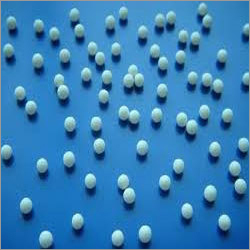

Price:
- 50
- 100
- 200
- 250
- 500
- 1000+
More Products in Pharmaceutical Excipients Category
Calcium Stearate
Shelf Life : 2 years
Chemical Name : Calcium octadecanoate
Storage : Other, Store in a cool dry place away from moisture and heat.
Purity(%) : 99%
Color : White
Zinc Stearate
Shelf Life : 24 months
Chemical Name : Zinc Distearate
Storage : Store in a cool dry place away from direct sunlight and moisture., Other
Purity(%) : 98%
Color : White
Magnesium Stearate
Minimum Order Quantity : 100 Kilograms
Shelf Life : 12 Months
Chemical Name : Magnesium Stearate
Storage : Room Temperature
Purity(%) : 99%
Color : White
Sodium Starch Glycollate
Minimum Order Quantity : 100 Kilograms
Shelf Life : 12 Months
Chemical Name : Sodium Starch Glycollate
Storage : Room Temperature
Purity(%) : 99%
Color : White


 Send Inquiry
Send Inquiry
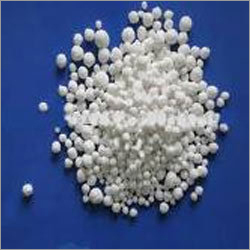
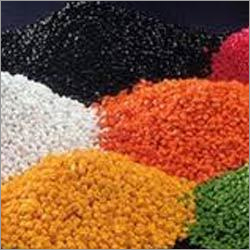
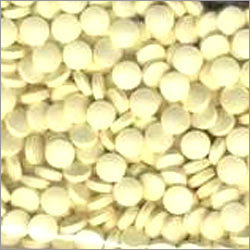
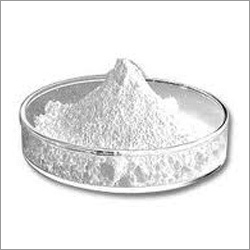


 Send Inquiry
Send Inquiry Send SMS
Send SMS Call Me Free
Call Me Free